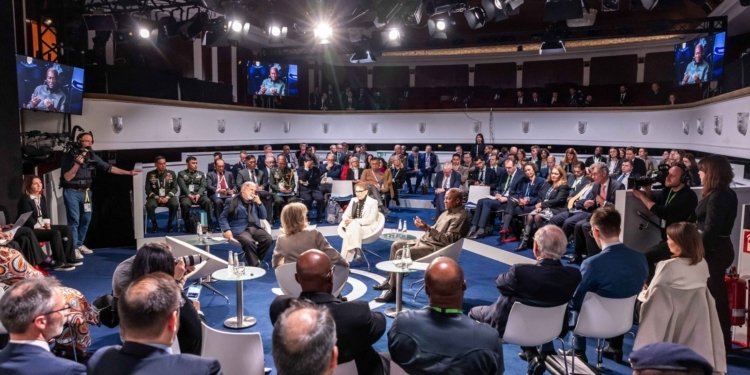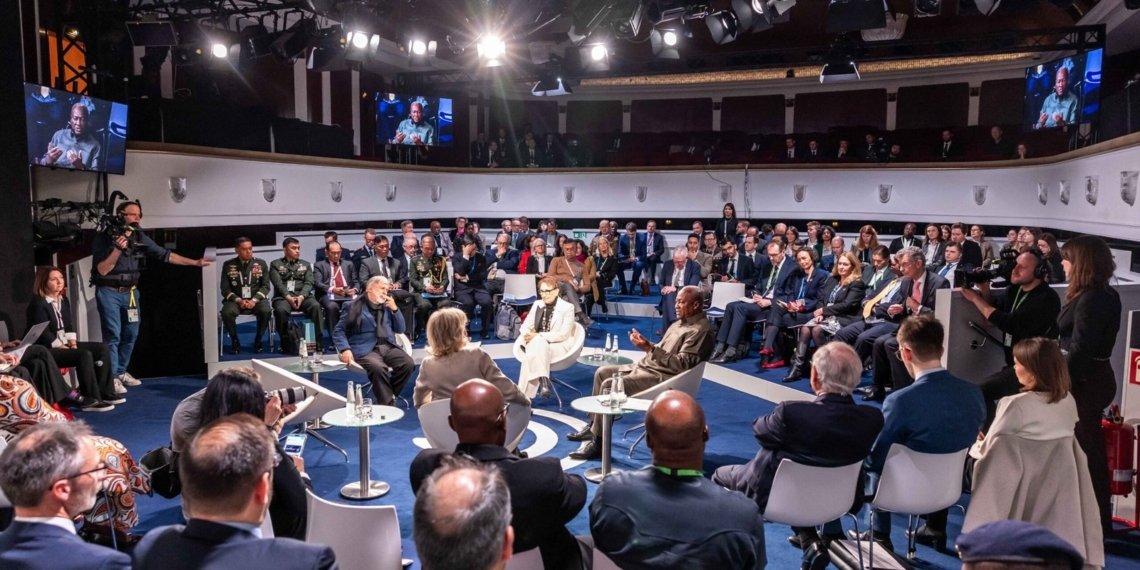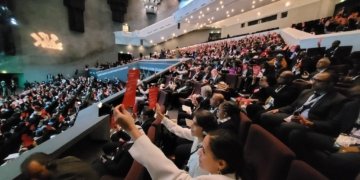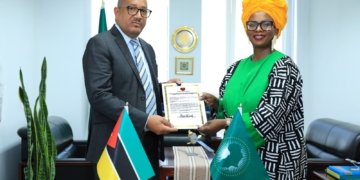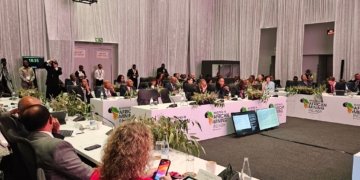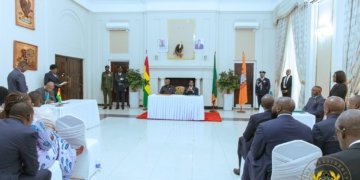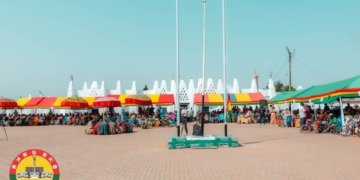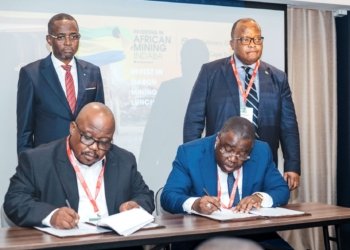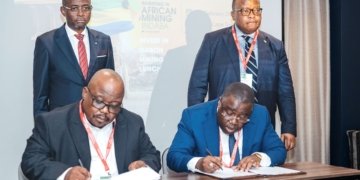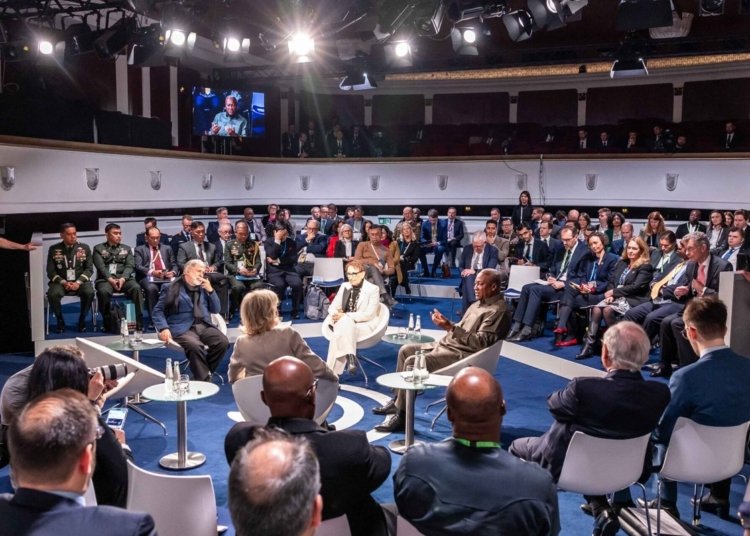MUNICH (Bantu Gazette) — At the Munich Security Conference, Ghana’s President John Mahama delivered a resolute message Friday: Africa must become self-reliant.
His remarks came in response to the U.S. decision to halt foreign aid.
Addressing a panel titled “Building or Burning Bridges: Global Economic Governance Amid Mult polarization,” Mahama acknowledged Africa’s immediate challenges but emphasized the opportunity to pivot toward economic independence.
Before departing for Munich, Mahama took decisive action. “I issued a directive to our minister of finance to make adjustments in our budget to take up the slack from the disruption in USAID funding,” he said.
According to Mahama, the cut amounts to $156 million for 2025—more than 2 billion Ghanaian cedis—affecting governance, health care, economic growth, and education.
The most critical impact, he noted, is in the health care sector, where funding supports maternity services, HIV treatment, and other vital programs.
Adversity as an Opportunity for Growth
Rather than viewing the aid cut as a crisis, Mahama sees it as a wake-up call. “I believe that it’s adversity and opportunity. It must teach Africa to become more self-reliant,” he stated.
While acknowledging the historic role of the U.S. in global economic governance, he pointed out the shifting landscape.
“The U.S. has prospered from the post-World War order, but it’s gotten to a stage where it wants to recalibrate,” he said, warning that such shifts should be managed with less disruption.
He also cautioned that the U.S. risks losing its soft power, a key tool in its global influence.
A Multipolar World and New Alliances
With the U.S. retreating from international aid, Mahama stressed Africa’s need to forge new partnerships.
“The U.S. is not our only partner,” he said. “As bridges are burning, new bridges are being formed. And we need to look for those new bridges and be able to link the world on those new bridges.”
Rebeca Grynspan, secretary-general of the U.N.’s Trade and Development division, echoed Mahama’s sentiments.
“Thirty percent of global trade today is South-South,” she noted, referring to trade between developing nations. “The African Free Trade Area can add $3.4 trillion to Africa’s economy. And that depends on Africa, not the U.S.”
The Role of Africa’s Free Trade Agreement
Mahama reinforced the importance of the African Continental Free Trade Agreement (AfCFTA) in driving Africa’s economic transformation. “Self-reliance is not only at the national level but on the continental level,” he said.
However, he acknowledged obstacles remain. “Our trade channels have historically been between Africa and Europe, not among ourselves,” he explained.
To change this, he stressed the need for improved infrastructure and logistics. “Most countries are allowing free movement of people. If we have free movement of goods and services across the continent, it will fill a huge gap in South-South trade.”
Equity and Economic Inclusion
Beyond trade, Mahama emphasized the need for inclusive economic policies. “The time has come for us to be more self-reliant, especially when it comes to the vulnerable in our society,” he stated.
He called for stronger safety nets, equitable wealth distribution, and opportunities for Africa’s youth.
“We must bridge the gap between the rich and the poor and put out opportunities for our young people to be able to make a life for themselves.”
With Africa’s youth population set to be the largest in the world in the coming decades, ensuring equitable access to education, entrepreneurship, and employment will be key to sustaining long-term growth.
The Future of Africa’s Economic Strategy
As the global order shifts, Mahama’s message is clear: Africa must take control of its economic future.
The U.S. withdrawal from aid presents a challenge and an opportunity for African nations to strengthen their economies from within.
The AfCFTA, stronger regional collaboration, and inclusive policies will be the pillars of this strategy.
“We must learn how to take care of our vulnerable and make sure they are included in the growth that is taking place,” the Ghanaian president said.
His comments at the Munich Security Conference signal a strong response to U.S. policy shifts and a broader vision for Africa’s economic sovereignty—one built on regional trade, strategic partnerships, and self-sufficiency.
